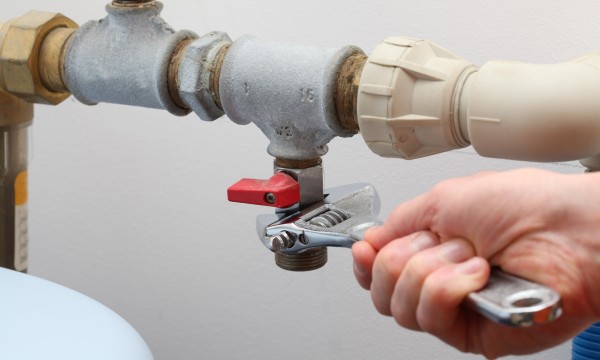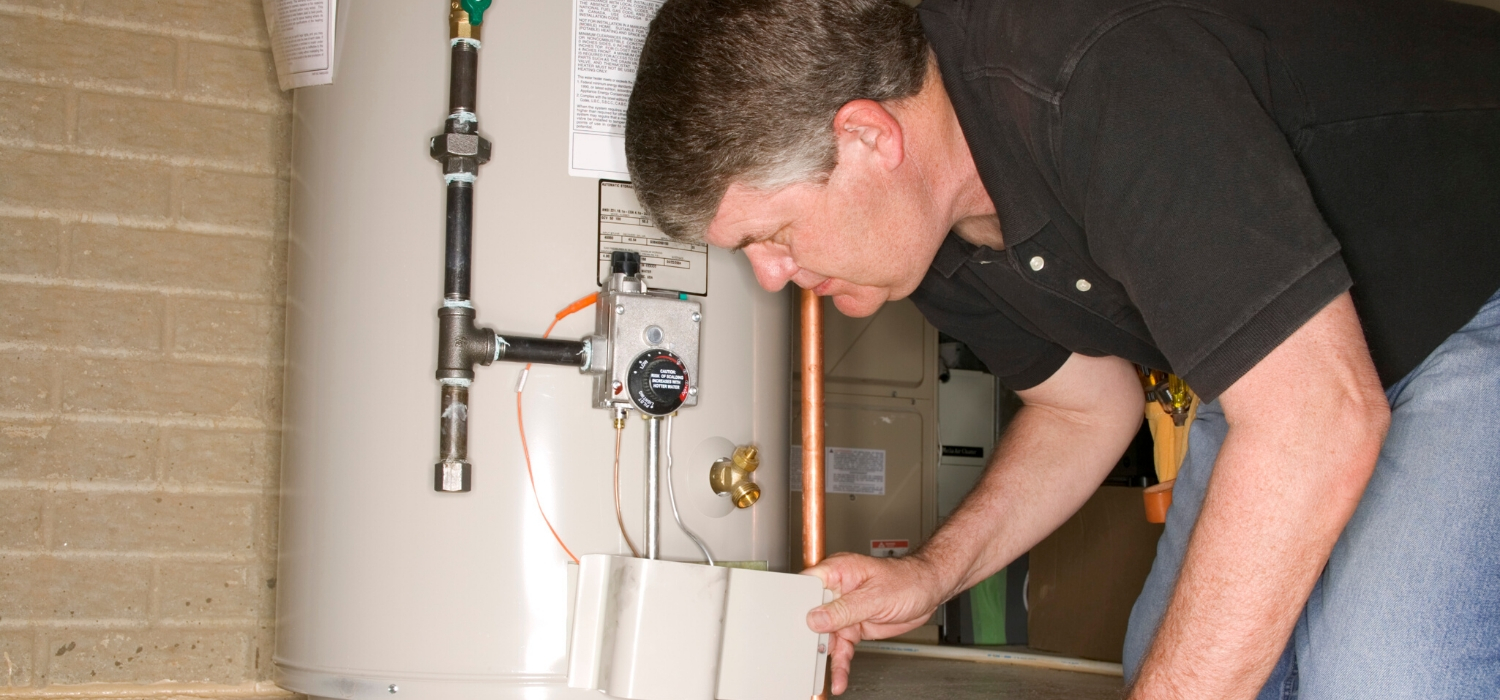Coping with the Chief Water Heater Crisis Events
Coping with the Chief Water Heater Crisis Events
Blog Article
This article following next in relation to Is Your Water Heater Leaking? is amazingly compelling. Read it yourself and decide what you think about it.

A hot water heater is among one of the most important fundamental devices that can be found in a house. With hot water heater, you do not need to undergo the anxiety of home heating water by hand each time there is a requirement to take a bath, do the laundry, or the meals. There is constantly an opportunity that your water heating unit would act up as with the majority of mechanical tools.
It is essential to note any kind of little breakdown and tackle it swiftly before points get out of hand. A lot of times, your water heater starts to malfunction when there is a build-up of sediments as a result of continuous usage. As a preventative measure, regular flushing of your water heater is advised to avoid sediment build-up as well as protect against useful failure.
Typical hot water heater emergency situations as well as just how to take care of them
Inadequate warm water
Handling an insufficient supply of warm water can be frustrating. It may be that the water heater can't support the hot water need for your apartment or condo. To take care of this issue, you can attempt to change your heating system's temperature level dial and await a couple of minutes. You can ask for the help of a specialist plumber if the trouble continues. You could update your water heating unit to one with a bigger capability.
Fluctuating water temperature.
Your water heating unit could start creating water of different temperatures usually ice cold or scalding warm. There could be a demand to change either the heating or the thermostat device of your water heating unit.
Leaking water heater container.
A leaking storage tank could be an indication of corrosion. It could cause damage to the flooring, wall surface and electrical tools around it. You could even be at risk of having your apartment or condo flooded. In this situation, you must shut off your hot water heater, permit it to cool down, as well as carefully try to find the resource of the problem. At times, all you need to do is to tighten up a few screws or pipeline connections in cases of minor leakages. But if this doesn't function and the leak lingers, you could need to utilize the solutions of a specialist for a proper substitute.
Blemished or stinky water
When this happens, you need to recognize if the issue is from the storage tank or the water source. If there is no amusing odor when you run cold water, after that you are particular that it is your water heating system that is malfunctioning. The odiferous water can be triggered by corrosion or the buildup of bacteria or debris in the water heater container.
Verdict
Some home owners overlook little warning as well as minor faults in their hot water heater unit. This only causes more damages and also a feasible complete break down of your home appliance. You need to handle your hot water heater mistakes as soon as they come near stay clear of even more costs and unneeded emergency difficulties.
With water heating systems, you do not require to go with the stress and anxiety of heating water by hand every time there is a requirement to take a bath, do the laundry, or the dishes. It may be that the water heating unit can not support the warm water demand for your home. Your water heater could begin generating water of different temperature levels normally ice cold or scalding hot. If there is no amusing smell when you run cool water, then you are certain that it is your water heater that is damaged. The smelly water can be created by rust or the build-up of microorganisms or sediments in the water heating system tank.
Common Water Heater Issues and What You Should Do
What Type of Water Heater Do You Have?
Before we begin it’s first important that you identify the type of water heater you have on your property. There are two main types of water heaters out there: conventional and high efficiency.
Both of these types of products typically use either gas or electricity to heat power. There are also solar water heaters that use a thermal collector on the roof or yard to heat the water.
While these models are not as common, they can cut heating costs in half. In this article, we will focus on conventional and high efficiency.
How Do My Electric and Gas Water Heater Work?
Though they look similar, electric and gas water heaters work very differently. It’s important to know their basic function because often problems can be specific to the heating source.
In the electric model, a thermostat on the side of the machine detects the temperature of the water in the tank. When the temperature needs to rise electricity flows to a heating element suspended in the water.
Gas models also use a thermostat device — typically with a mercury sensor at the tip and an additional sensor called a thermocouple. The thermocouple detects whether the pilot light is on and controls the flow of gas.
When the thermostat drops below the appropriate level gas is released which becomes ignited by the pilot light. The flame heats the bottom of the water tank which causes hot water to rise and cold water to drop.
This natural circulation continues until the water reaches the desired temperature. Then, the thermostat triggers the gas control valve to shut off the flow of gas.
What Are the Most Common Issues and How Do You Fix Them?
https://happyhiller.com/blog/common-water-heater-issues-and-what-you-should-do/

I found that entry about Common Hot Water Heater Problems when doing a lookup on the search engines. Sharing is caring. One never knows, you may be helping someone out. Thank you for your time. Kindly stop by our site back soon.
Ensure top-quality plumbing repairs. Report this page